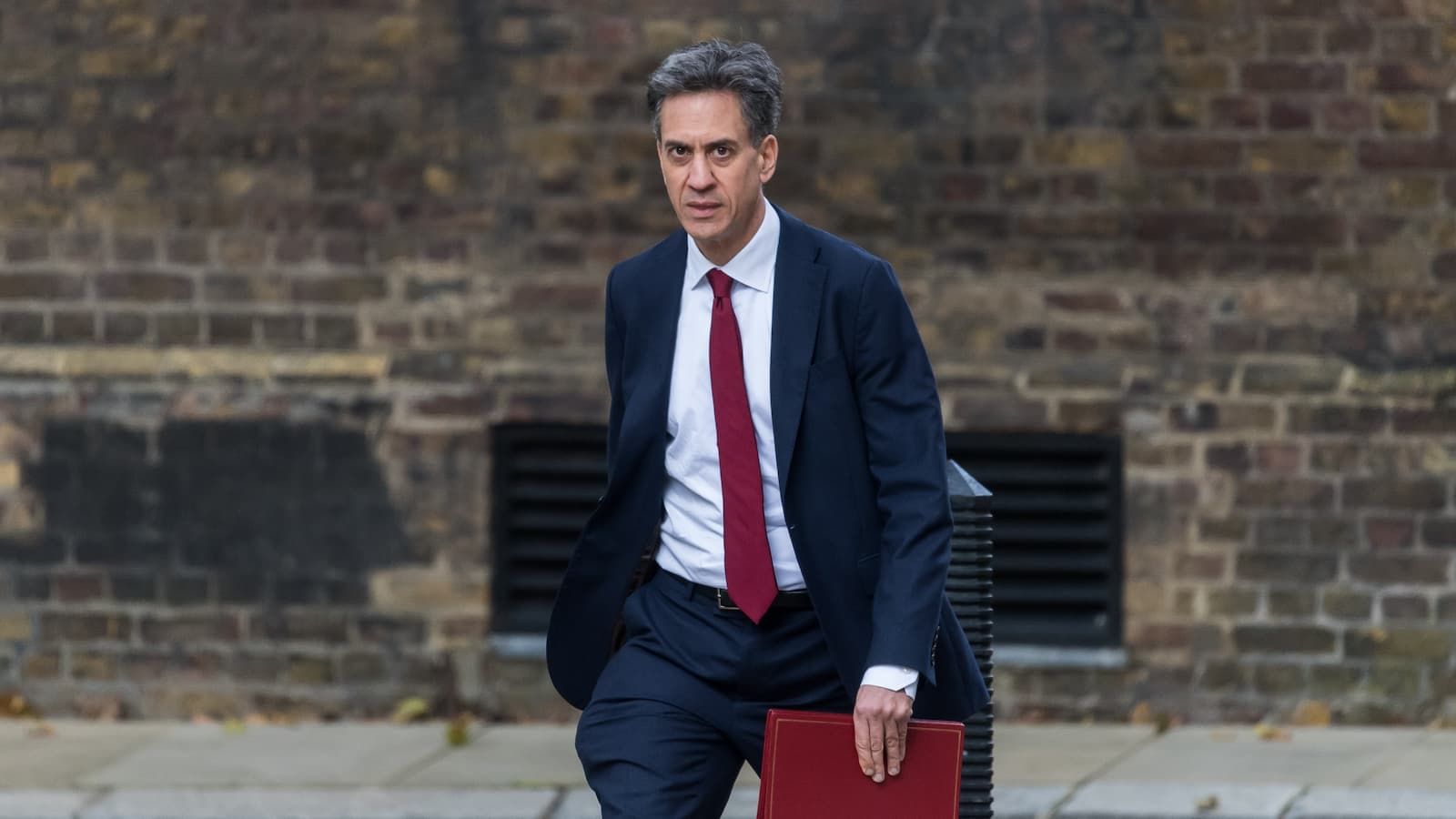Around 7 million UK households with high energy use are set to gain the most from a planned 5 % VAT cut on domestic energy bills.
The move, currently being discussed by the government ahead of the November Budget, is designed to ease pressure on struggling households.
However, analysts say that energy-efficient homes will see much smaller savings, highlighting the uneven impact of the policy.
With energy price rises continuing to push bills higher, this measure offers short-term relief for households consuming the most energy, but little relief to energy-efficient homeowners.
Why high-energy homes will benefit more
VAT on domestic energy bills is currently a flat 5%, so households that use more energy save more in cash terms.
Inefficient homes with poor insulation, older heating systems, such as gas or oil boilers, or multiple occupants stand to benefit the most. Tim Leunig, former government adviser, said: “Most of the benefit would go to people in larger houses with larger-than-average electricity bills.”
Ed Miliband, Energy Secretary, hinted to the BBC that the government is examining all options to help people with energy bills: “We face a cost-of-living crisis … so obviously we’re looking at all of these issues.”
Scale of the impact and timing
Around 7 million households are considered high-energy users and are likely to benefit most from the VAT cut.
Nesta estimates that while the average household saving is £86 per year, high-energy households could save several hundred pounds.
However, it is predicted that around 10 million energy efficient homeowners will see little benefit from the VAT cut on energy bills due to their lower costs, according to Nesta.
The government is reportedly finalising plans ahead of the 26 November 2025 Autumn Budget, with the potential for the VAT cut to take effect shortly after legislation is passed.
Policy implications and advice for homeowners
The VAT cut provides short-term financial relief, but it does not reduce underlying energy use. Analysts such as The Eco Experts argue the government should pair any tax relief with energy-efficiency improvements such as insulation, smart lighting, or heat pumps to deliver longer-term savings.
Nesta states: “Most of the absolute benefit will flow to the wealthiest households,” highlighting that smaller, energy-efficient homes will see far less relief.
Energy UK adds that the measure is not the most effective way to reduce bills for all households: “The VAT cut will help high-energy homes, but those already using energy efficiently will benefit far less.”
View the original article and our Inspiration here


Leave a Reply